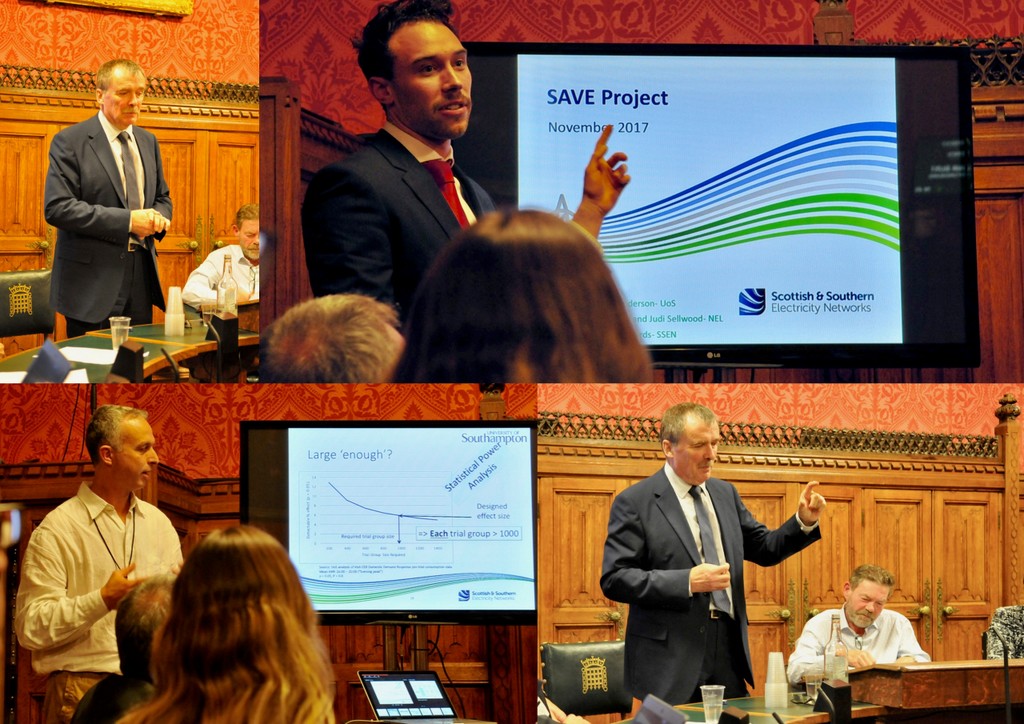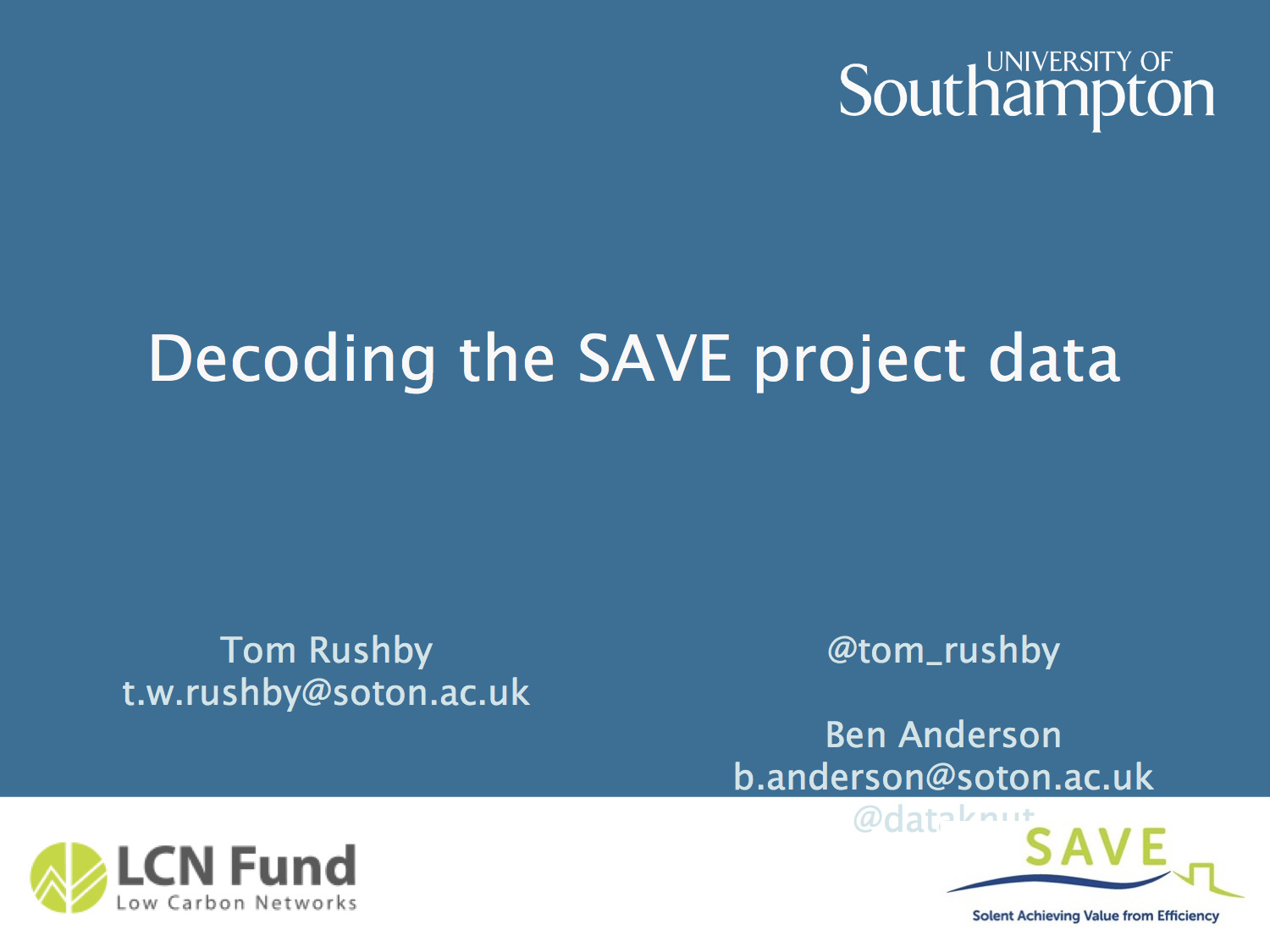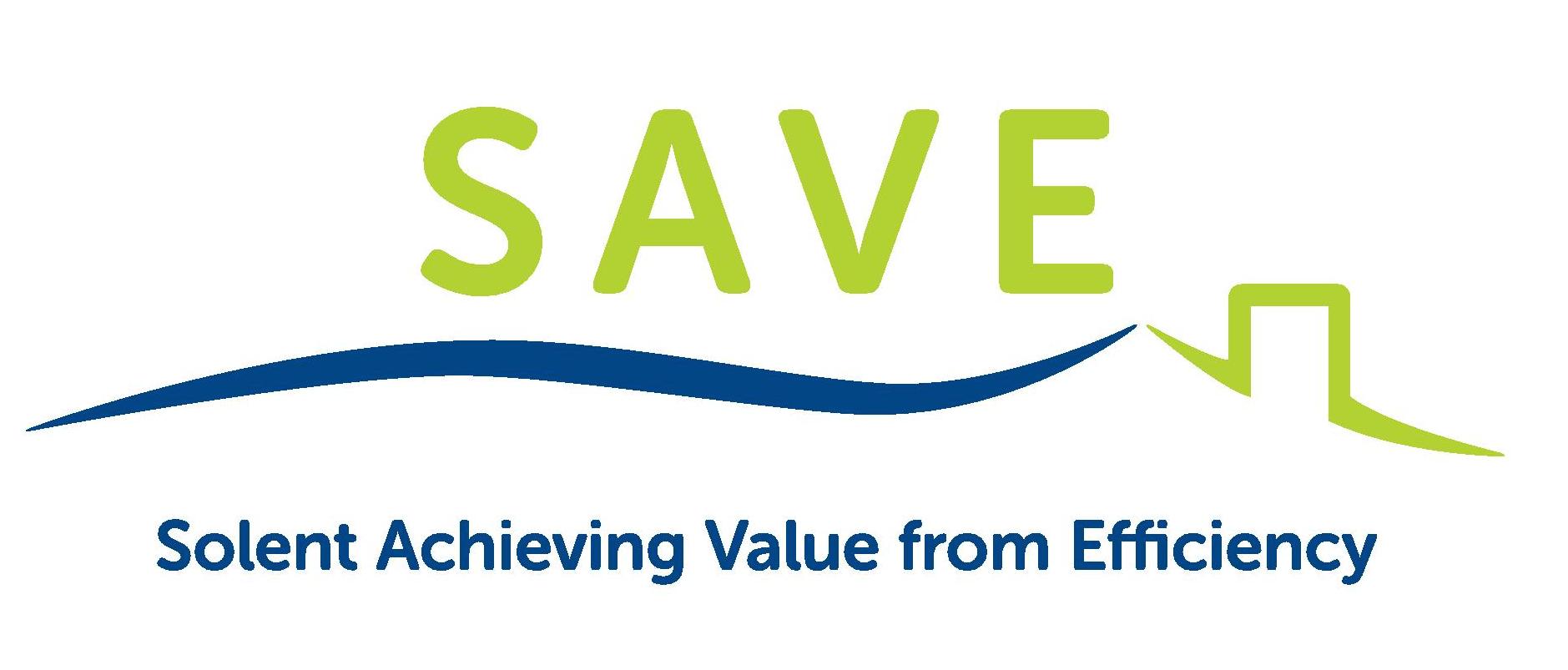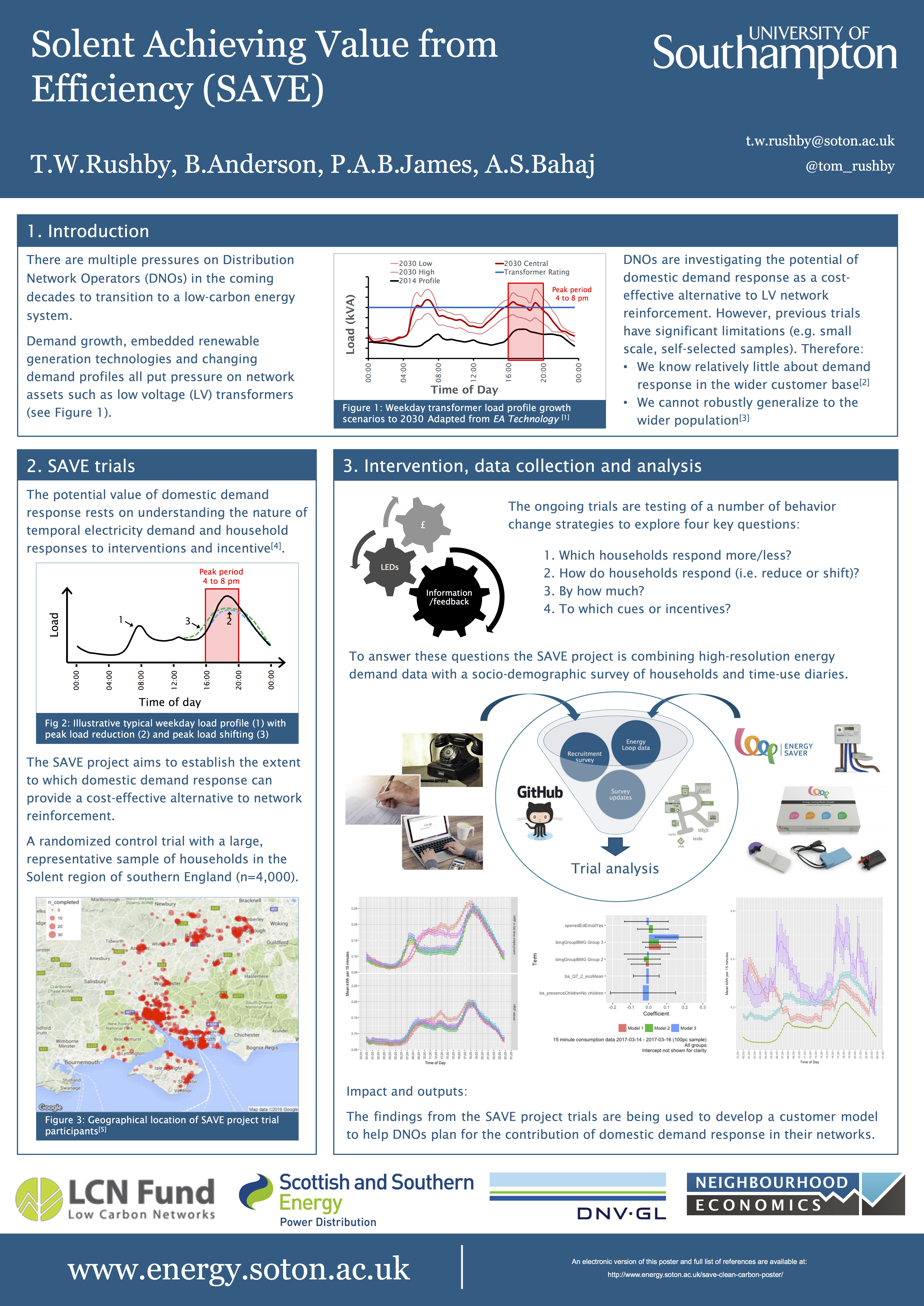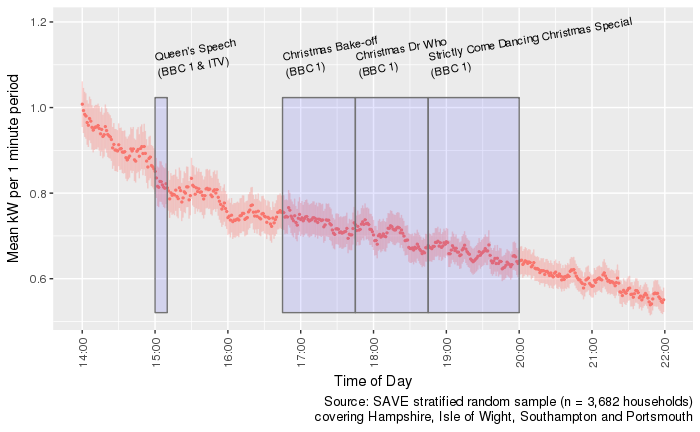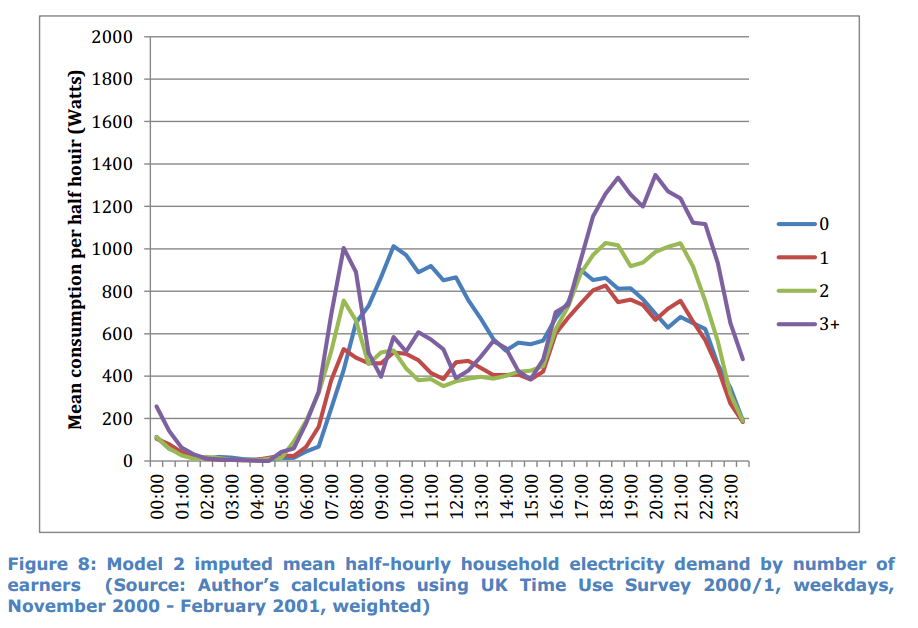SERG’s Dr Ben Anderson presented the SAVE study design and trial period 1 preliminary analysis at Scottish and Southern Energy Network’s Using Energy Efficiency to Defer Network Reinforcement parliamentary event at the Houses of Parliament on November 20th, 2017. With an introduction from Alan Whitehead MP (Shadow Minister (Department for Business, Energy and Industrial Strategy) […]
Tag List: SAVE
Solent Achieving Value from Efficiency (SAVE) project poster presented to the ‘Clean Carbon‘ USRG by SERG’s Dr Thomas Rushby, 10th May 2017 References list: [1] EA Technology. Future Load Growth from presentation titled ‘SAVE Project Customer & Network Model Meeting’. 17th February 2015 [2] Newsham, Guy R., and Brent G. Bowker. ‘The Effect of Utility Time-Varying […]
SERG’s Dr Tom Rushby gave a summary of the SAVE project to members of the University’s ‘Clean Carbon‘ USRG on the 10th May 2017. The event, which featured a keynote from Prof. Jon Gibbins, Director of the UK Carbon Capture and Storage Research Centre (UKCCSRC) on the state of CCS in the UK, consisted of […]
The Solent Achieving Value from Efficiency (SAVE) project has recently started to recruit a sample of households from across the Solent region (Hampshire, Isle of Wight, Southampton, Portsmouth) as part of its study of energy use.
SERG’s first report for the LCNF funded SAVE project has been published. The report, “Report 2.1 – SAVE Customer Model Framework Specification“, lays out the applied research context for the SAVE Customer Modelling Framework (SCMF) and describes its key requirements. The report then outlines a microsimulation modelling approach than can meet these requirements and describes its conceptual foundations and method […]
The SAVE project’s review of evidence on ‘Energy Efficiency and Behaviour Change‘ which has just been published shows that whilst the great variety of previous trial approaches and contexts often makes it difficult to compare results, common insights have emerged. These include: Customers cannot be engaged as one group – the way in which different people react to attempts to change their […]
